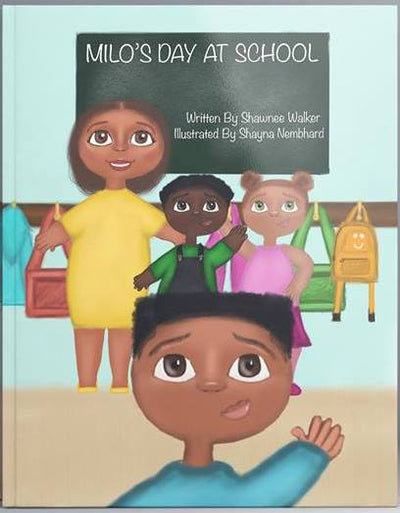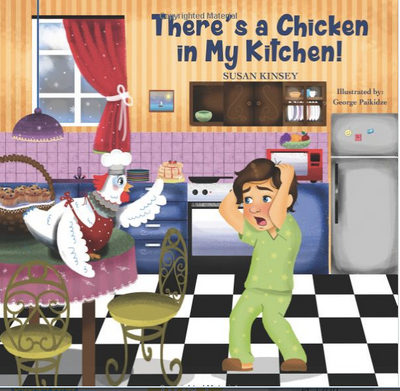
Reading is an important skill for children to learn. By the end of their Kindergarten year, most children are reading sight words, are able to identify the alphabet and are starting to write.
But what about the earlier years when children are just starting to engage with books? How, as parents and early childhood educators, can we help children build their foundational reading skills?
5 Ways to teach Foundational language/reading skills:
1. Look at all the pictures: If you haven't noticed yet, young children have a short attention span! In order to get through all of the words in a story, it is okay to stop on each page, and ask your child a questions. Ask your child to point out all of the items in the illustrations. Can your child identify the item named to the word on the page?
For example: If you are reading a story about a princess, and the words on the page talk about the princess brushing her hair, ask your child if they can find the brush in the photo. Show the child the word "brush" at the top and ask them to repeat it.
2. Re-read the same story immediately: After you have read a story to your child, tell your child that it is their turn to read the story to you! Hand them the book and ask them to read it to you, pointing out words and photos along the way. Since the story is fresh in your child's mind, this tests their comprehension level, seeing if they remember the concept of the story.
3. Build on the Story you just read: Once you have finished reading the story with your child, ask them how they would continue the story if they wrote it.
For example: Ask your child to use the words : "and then" or "after" or "on another day". If you read a story about a bear and a moose's day at the park, and the story ended with them returning home, as your child what happens next. "What do you think the moose and the bear did when they got home?" Encourage your child to continue building on their new story.
Optional: Write down what your child says and ask them to draw a photo of their new chapter.

3. Identifying Letters and Sounds: While reading a story, ask your child to identify the letters at the beginning of random words. First, show them the word and point to the letter. (Example: For the word "butter" - show them the "b") Second, the adult should say the word and have your child repeat the word. Next, ask your child if they can say the sound the first letter in the word.
Optional: If your child gets that task quickly, ask them to look at the rest of the words on the page and if they see that letter again, to point to it. Do they know that letter in both lowercase and uppercase?
4. Identifying Simple Words: Similar to tip number 3, this activity is encouraging children to find, identify and read common words (sight words) such as "a", "and", "the", "be", "up", etc. Choose one word to focus on. First, show them the word and say the word. Ask your child repeat the word and see if they can identify each letter in that word. Read the story with your child, and pause when you get to that same word throughout the story. When you pause, have your child point to the word on the page and say the word. You can't continue reading the story until they say the word!
Tip: Only focus on one word at a time.
Optional: For children that are starting to read, complete this activity with more difficult words, or complete it with more than one word!
5. Incorporate Counting: Words are so interesting! To read, a child must be able to spell, identify letters and identify their sounds. While reading a story to your child, pick out one word per page. Ask them to count how many of each letter is in that word.
Example: For the word "happy", there is "1 - H, 1-A, 2-P's and 1 Y" or for the word "running" there is "1-R, 1-U, 3-N's, 1 I and 1 G"
Reading books is a fun, educational and memorable experience for young readers. Find our very own Sammy Stories HERE! Sammy, the golden retriever, is the main character of the "Sammy Stories" children's books. Sammy teaches children important lessons through colorful and engaging books, along with simple games.

 Was this interesting to you? Sign up here to receive our new blogs as soon as we publish them!
Was this interesting to you? Sign up here to receive our new blogs as soon as we publish them!





